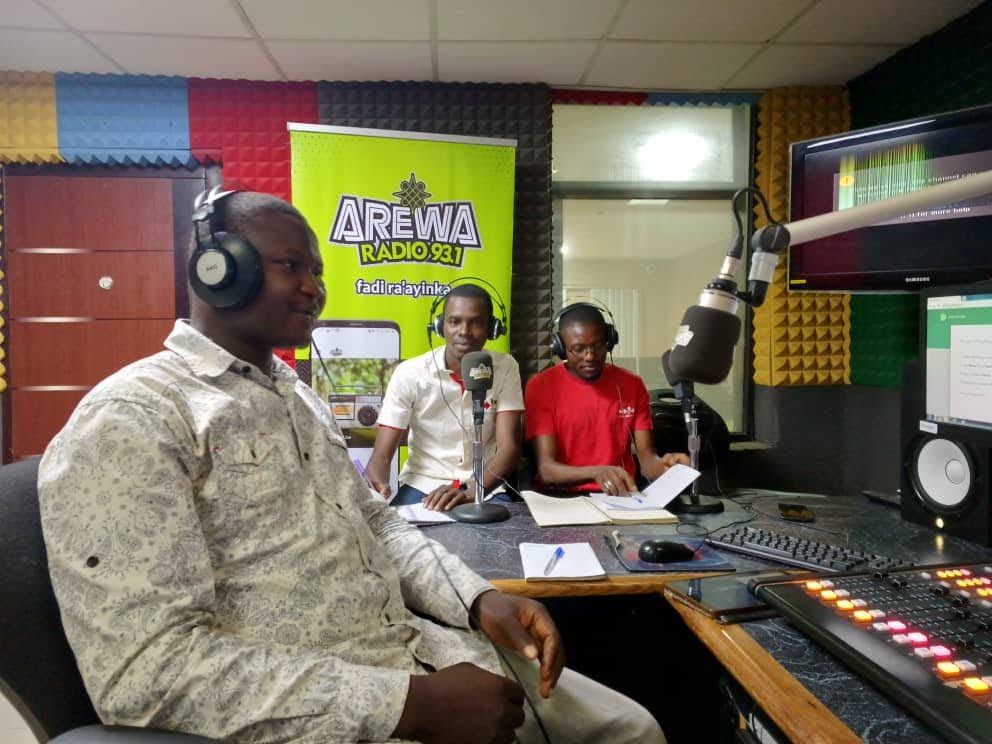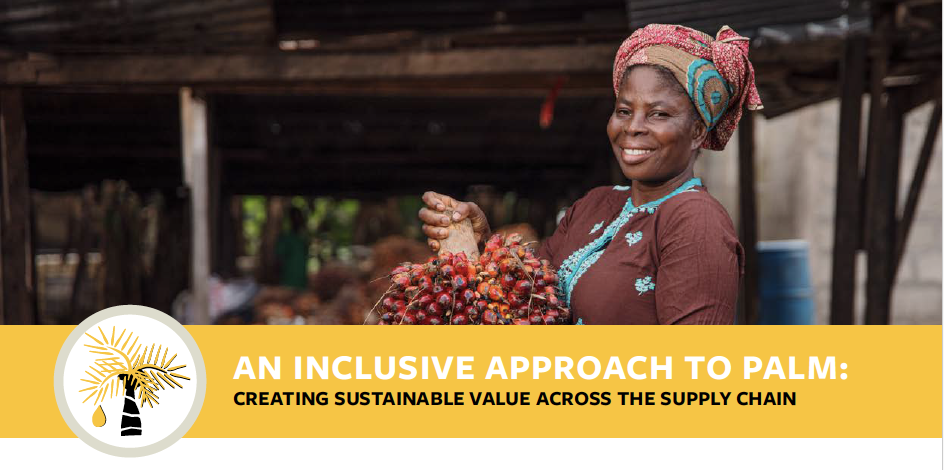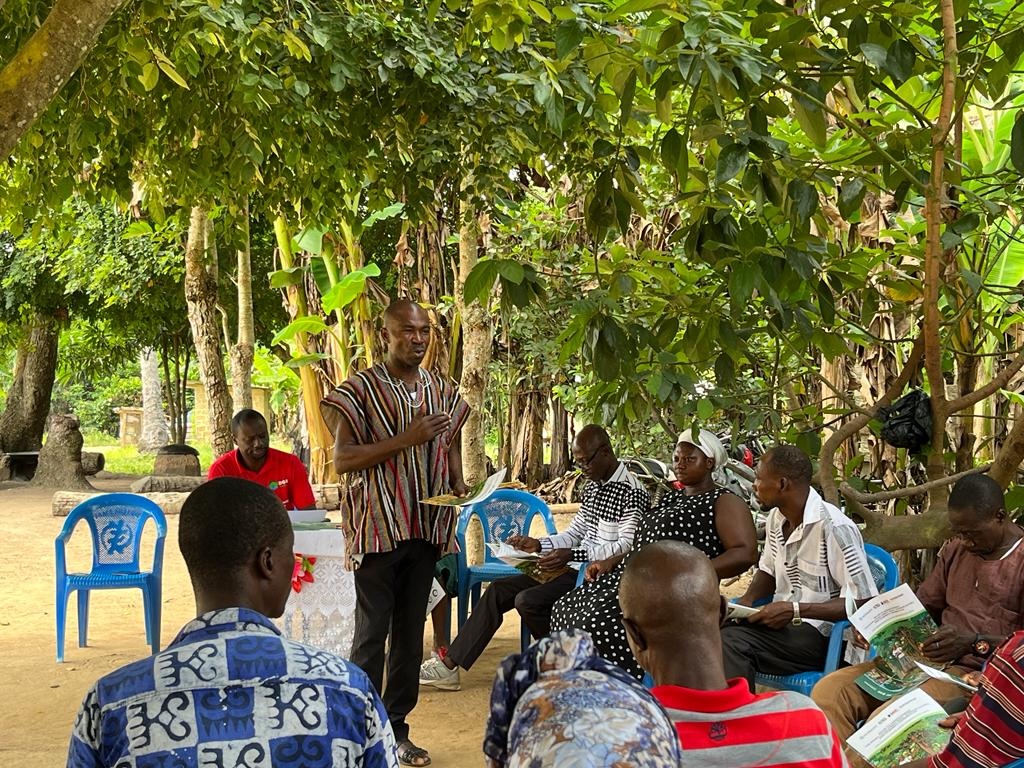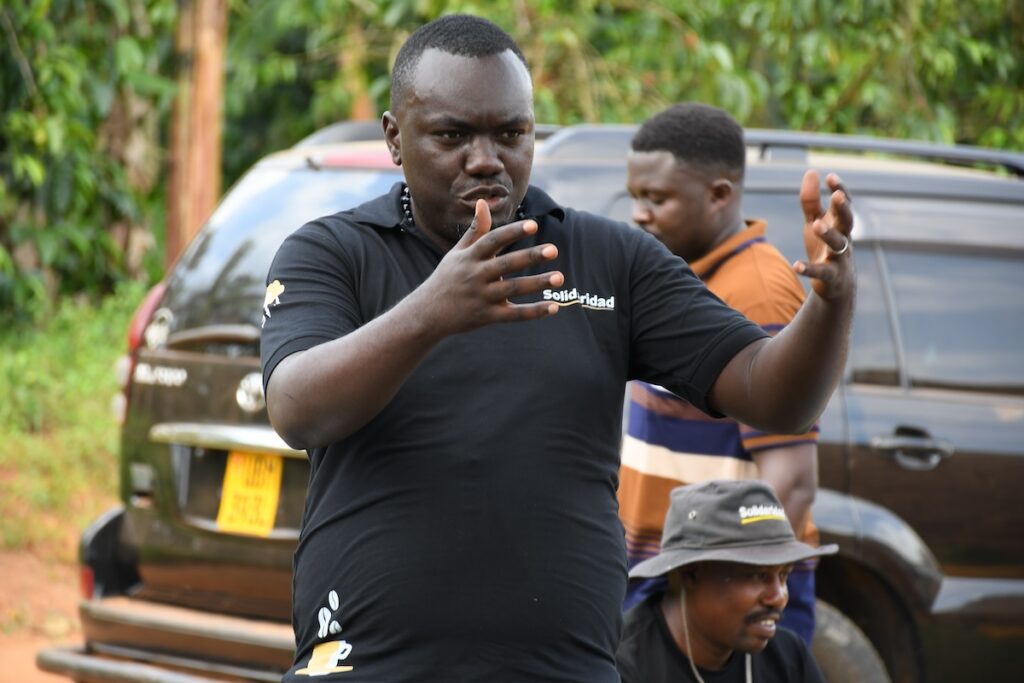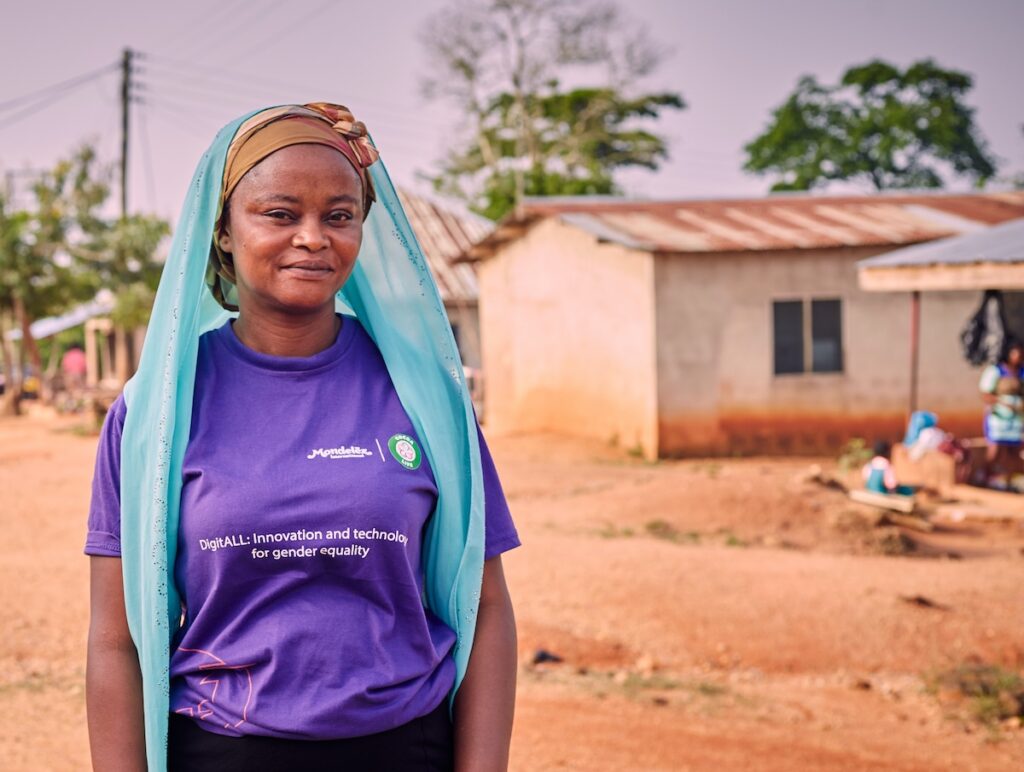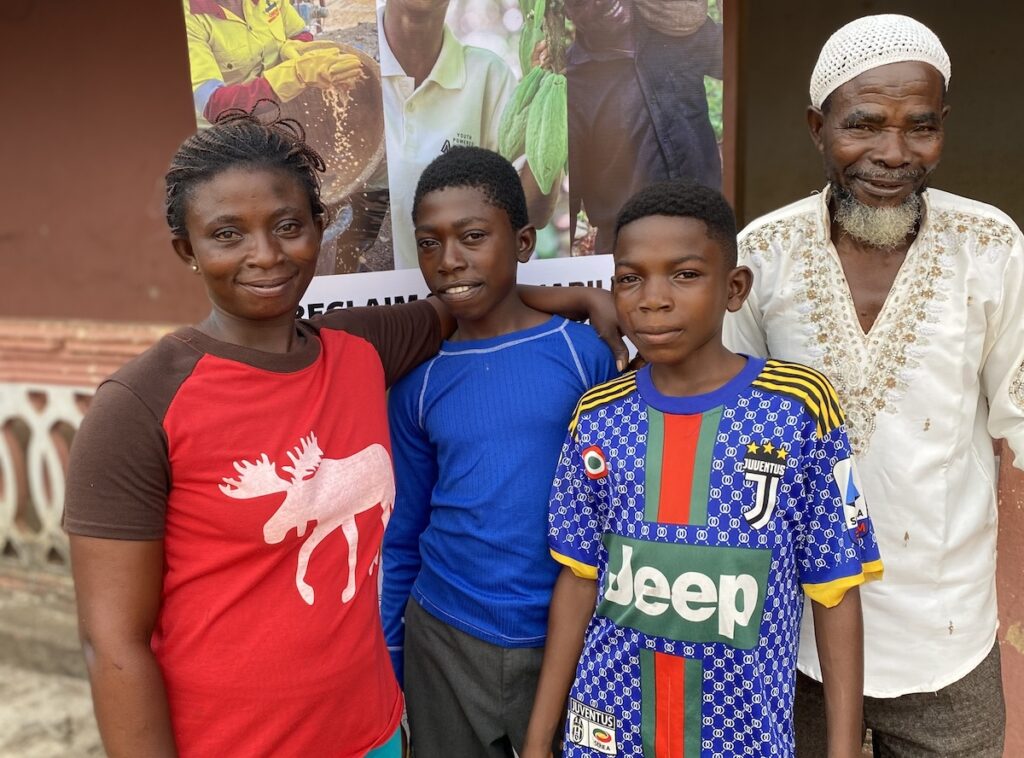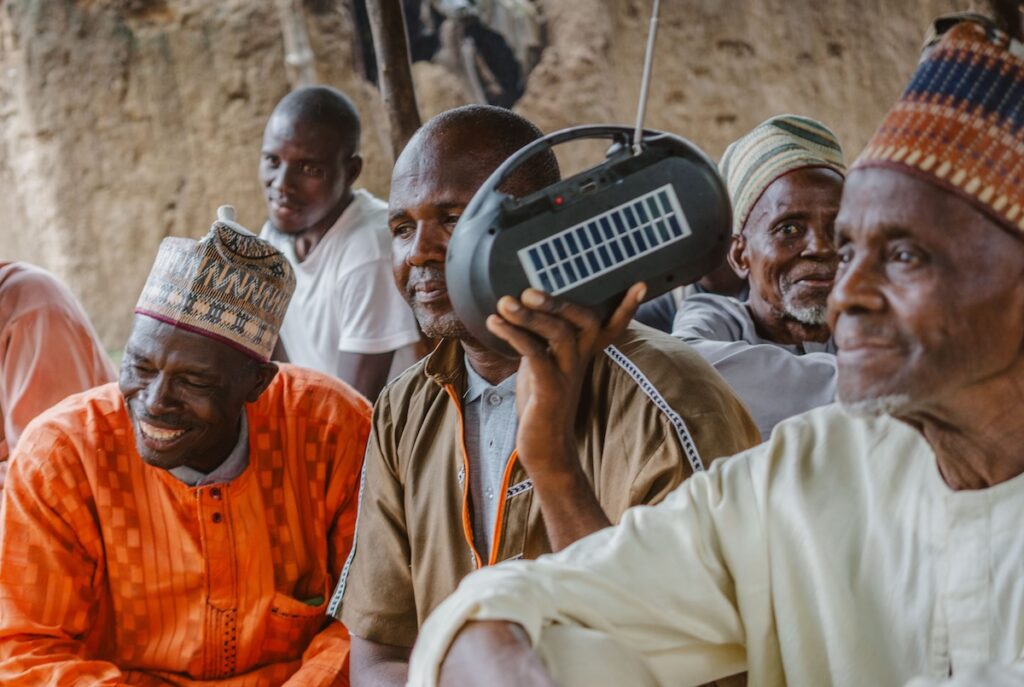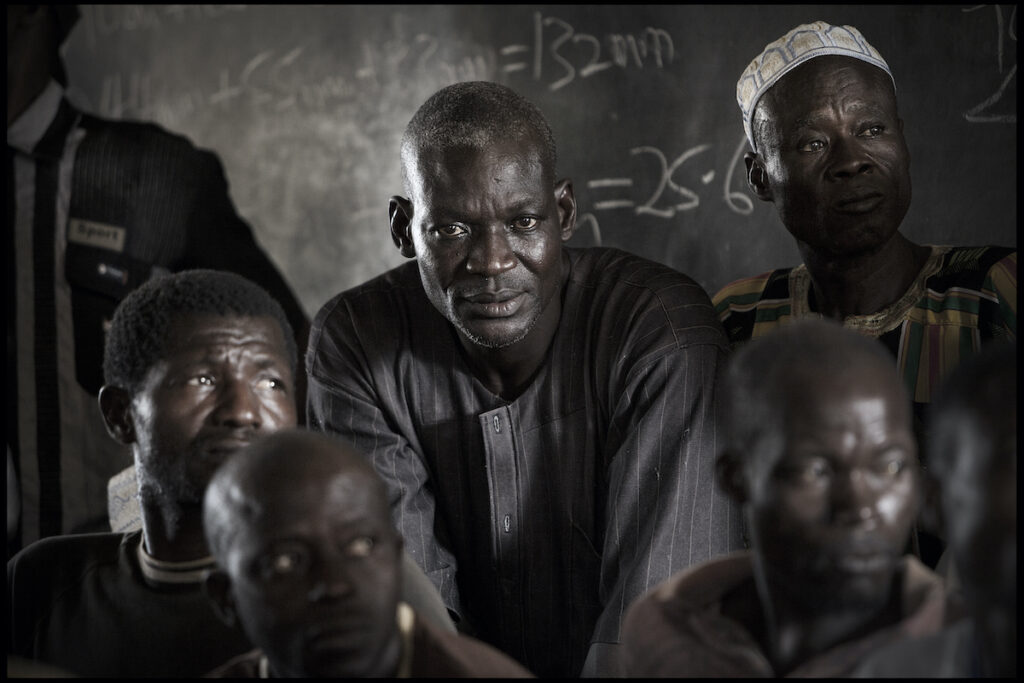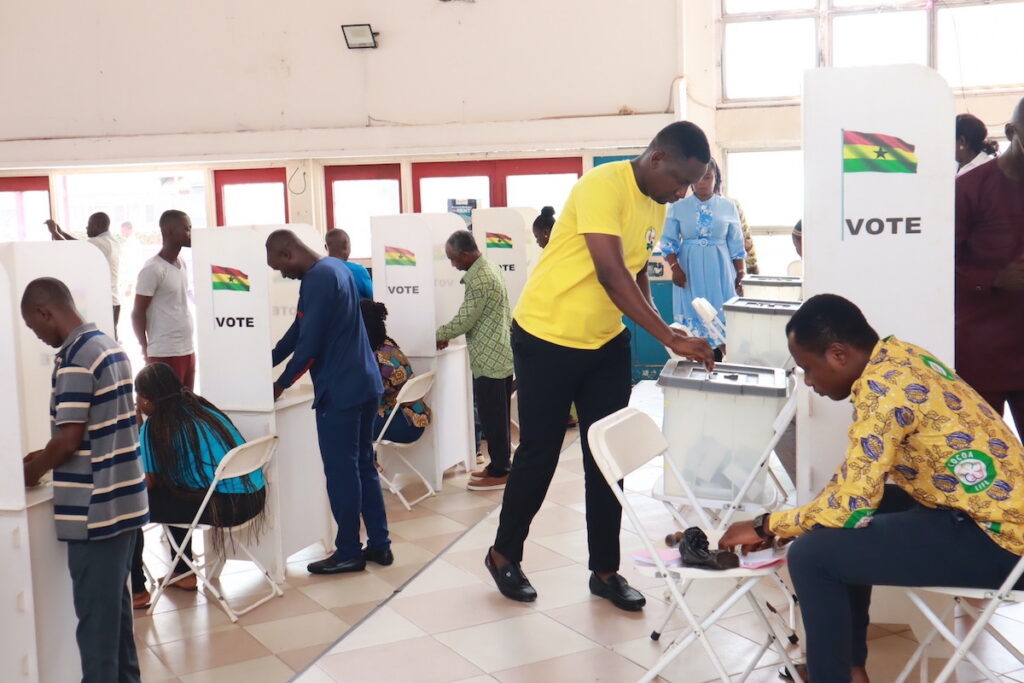For Muhammad Bawa, a farmer in Kano, one of the beneficiary states of the programme, he learned practices such as right planting period, mulching and trellising from the radio broadcast. He decided to immediately apply the knowledge on his half-hectare tomato farm, which had been less productive.
“I was facing a lot of challenges on my farm, but I lacked the knowledge to turn things around. Issues of site preparation, the right planting period and seed selection were major challenges I faced. This affected my yield. On average, I harvested 16 baskets from the half-hectare farm in a year,” says Bawa.
Like Bawa, smallholder fruits and vegetable farmers in northern Nigeria have been battling with low farm productivity, which affects their incomes. The Sustainable Development Goal project seeks to help them deal with the challenges by sharing knowledge in sustainable farming practices.
Using participatory radio programme to improve farmer’s practices
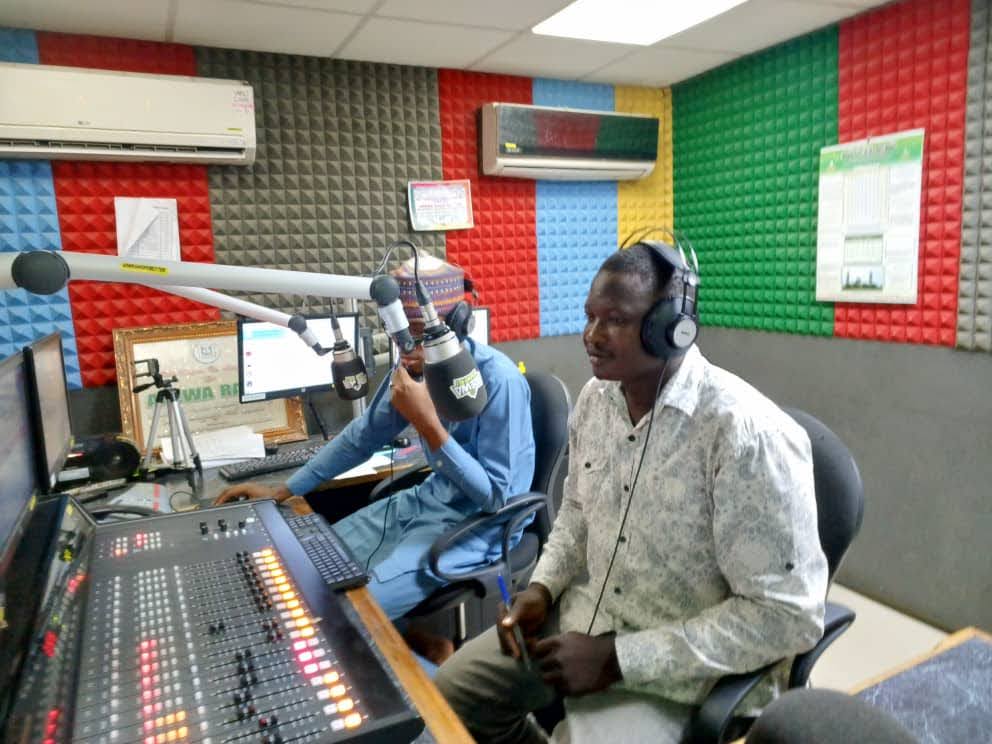
Nearly every household in the Kaduna and Kano states, the two states participating in the project, owns at least a portable radio set, with which they receive information and education.
Solidaridad, as part of its efforts to help farmers optimize yields at the farm level, utilized the disseminating power of radio to reach many farmers by developing a participatory programme to mobilize, educate, and create awareness on climate-smart agricultural practices.
During the radio broadcast, farmers are allowed to call in to ask questions and clarify matters by interacting with subject-matter experts, who guide them through related issues. Broadcasted in Hausa, the dominant language in the targeted areas, the programme is helping farmers change from unsustainable traditional practices to productive ones.
I was interested in the radio programme because it focused on us smallholder fruits and vegetable farmers. After a few broadcast sessions, I knew exactly what was wrong with the farm and learned how to make changes.
Muhammad Bawa, Fruit & Vegetable Farmer
He decided to start the new farming season by planting at the right time, sourcing the right seedlings and applying the new knowledge he had gained. Soon, he saw encouraging results.
“In the immediate harvesting season, I harvested 42 baskets of tomatoes from my half-hectare land. This is an almost three-fold increase in yield. My income has similarly now increased from 80,000 naira (195 dollars) to 210,000 naira (512 dollars)”, says Bawa as he shares a broad smile.
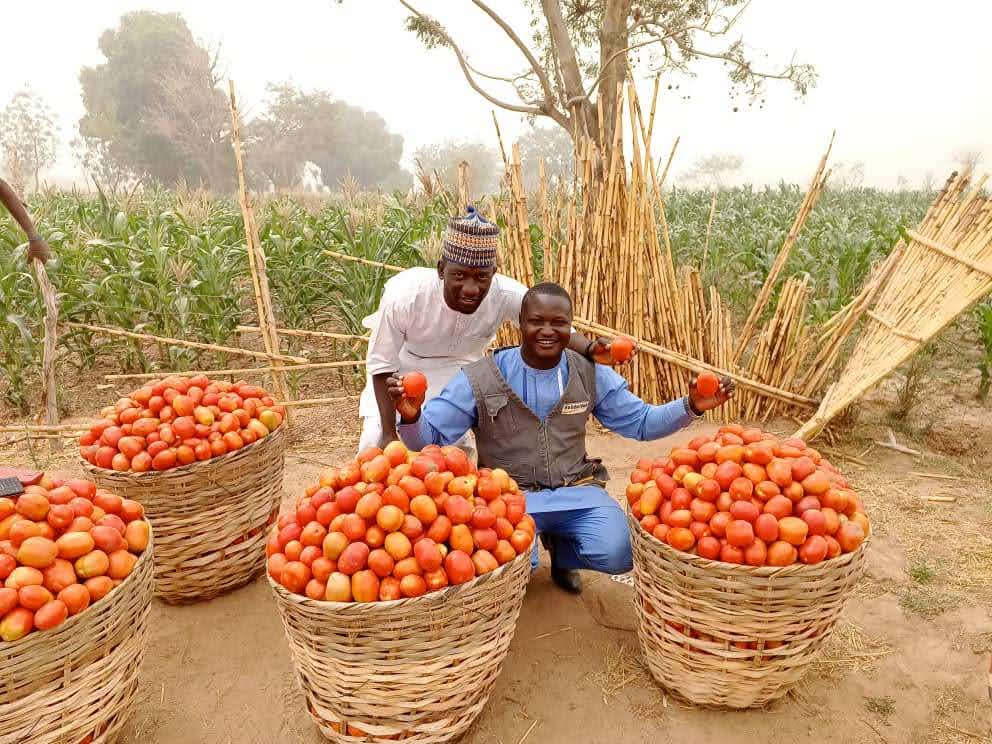
Bawa is one of the fruit and vegetable farmers now experiencing improved yields and income by applying the knowledge they gained from the radio broadcast.
For his part, Lawal Adamu, programme officer at Solidaridad in Nigeria, says the broadcast is making positive impacts even beyond the initial targeted areas.
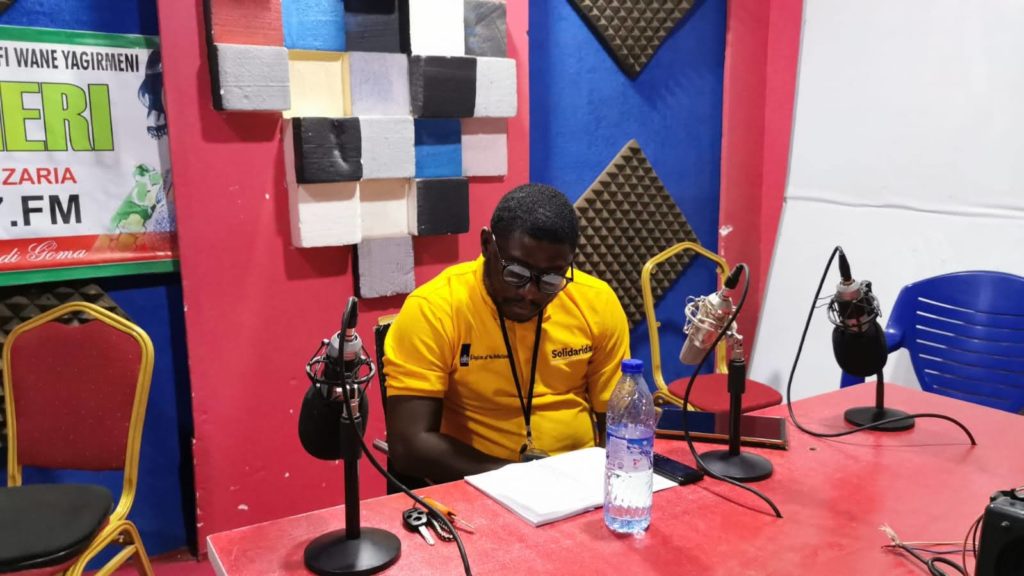
He says aside from farmers learning and adopting climate-smart agricultural practices; they are also taught where to source improved varieties of seeds for cultivation.
Solidaridad implements the transformational project in partnership with East-West Seeds Knowledge Transfer, the Ahmadu Bello University, Wageningen University, and the government of Kaduna state.
The Dutch Ministry of Foreign Affairs funds the project through the Netherlands Enterprise Agency as its contribution to achieving food security and private sector development.

